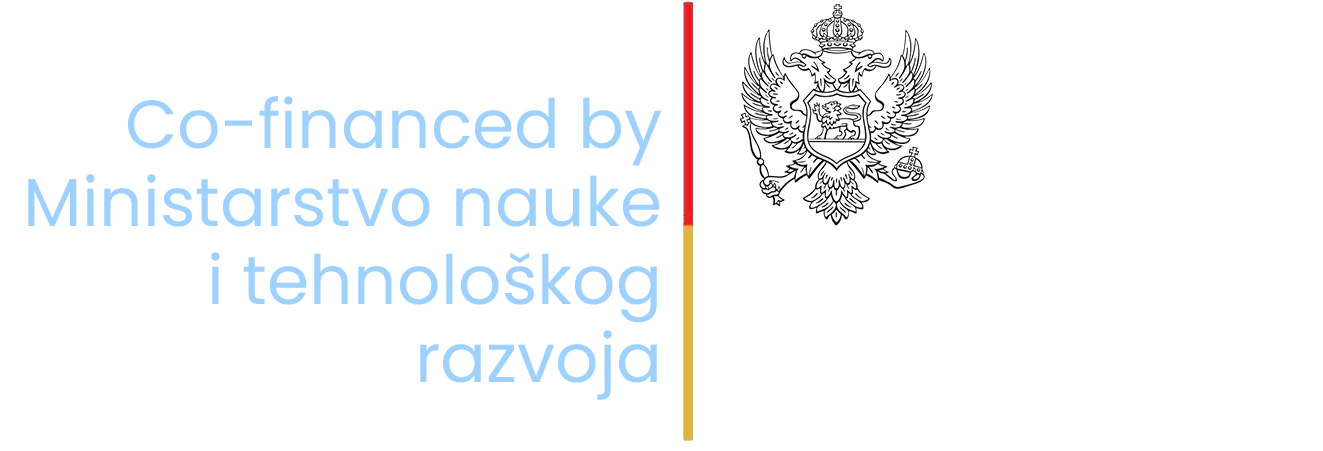The “StepUp with Cortex” project successfully finalized

The “StepUp with Cortex” project, which the ICT Cortex cluster implemented in cooperation with the Capital City of Podgorica, with the support of the Kingdom of Norway through the “Norway […]
The “StepUp with Cortex” project of ICT Cortex and the Capital City of Podgorica improved the competitiveness of 12 small IT companies

ICT Cortex, in cooperation with the Capital city of Podgorica, realized the project “StepUp with Cortex”, which was supported by the Kingdom of Norway through the project “Norway for you […]
Montenegrin ICT Startups presented their innovations at the largest IT exhibition in Lisbon

In the previous weeks, Lisbon was the epicenter of technological innovation. Over 70 thousand participants from 161 countries, 2696 startups, 1050 speakers, and 1081 investors gathered at the largest technology […]


